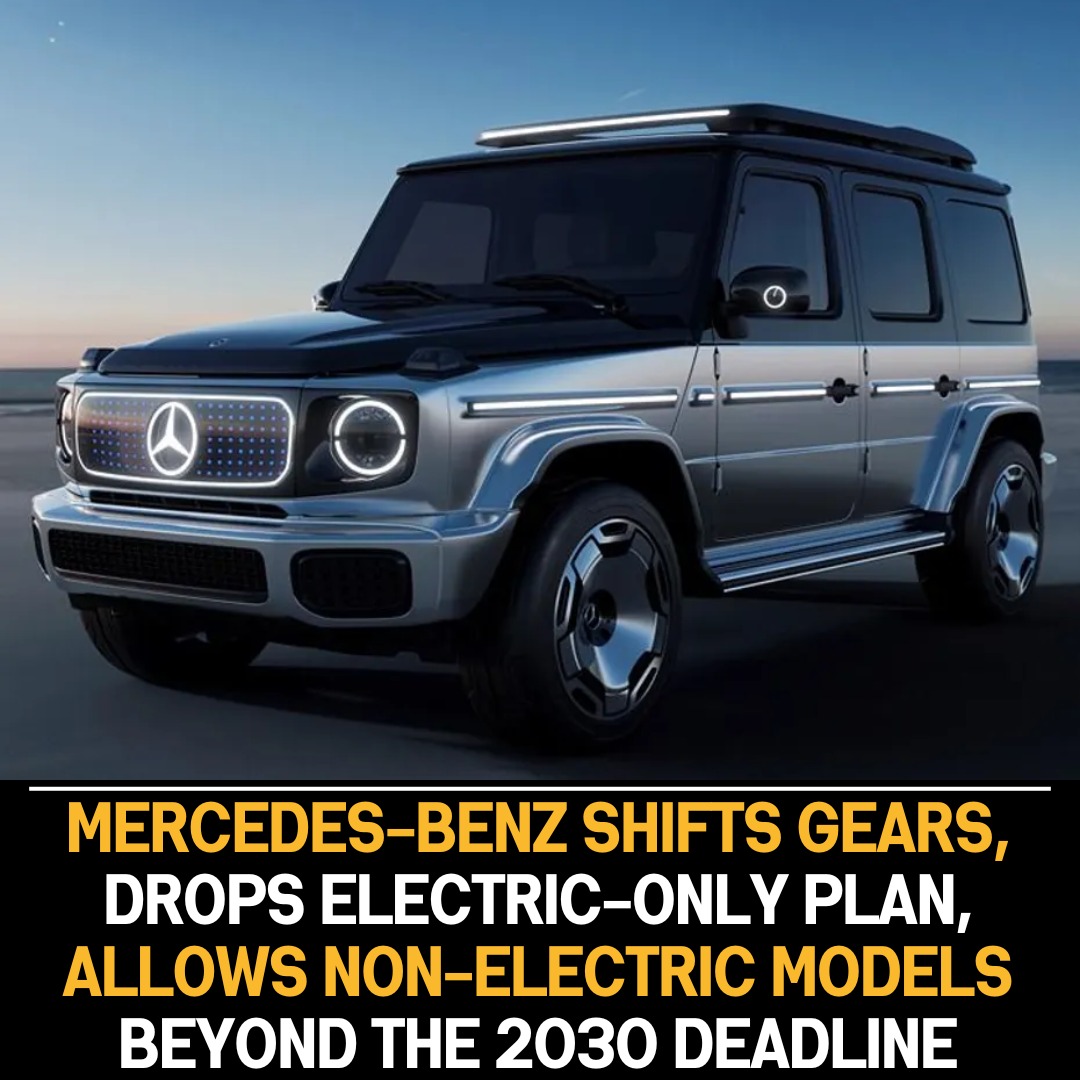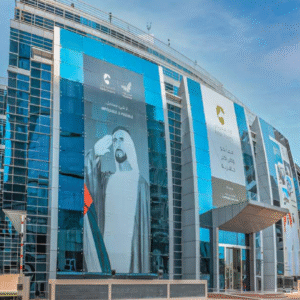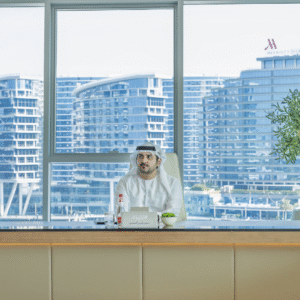In a notable shift from its previous electric-only strategy, Mercedes-Benz has decided to adapt and extend its vehicle offerings beyond the initially proposed 2030 deadline. This decision marks a strategic move by the automotive giant to include non-electric models in its lineup, showcasing a more flexible approach to future vehicle development and meeting diverse consumer needs.
The automotive industry is experiencing a transformative era with a strong emphasis on electric mobility and sustainable practices. Initially aligning with the trend, Mercedes-Benz had set a goal to transition to an electric-only lineup by 2030. However, the recent shift in strategy indicates a nuanced understanding of the market and a commitment to providing a range of options for consumers.
Mercedes-Benz acknowledges the evolving landscape of the automotive market, where consumer preferences, infrastructure development, and technological advancements play pivotal roles. While electric vehicles (EVs) have gained popularity, the broader market still includes a significant demand for traditional internal combustion engine (ICE) vehicles, hybrid models, and other alternative fuel options.
The decision to extend beyond the 2030 deadline demonstrates the brand’s commitment to being responsive and adaptable. This flexibility allows Mercedes-Benz to cater to a wider audience, acknowledging that the transition to a fully electric fleet may take longer than initially anticipated. It also reflects an awareness of regional variations in infrastructure development and government policies, which can influence the adoption rate of electric vehicles.
By embracing a more diverse lineup that includes non-electric models, Mercedes-Benz aims to maintain its position as an industry leader and respond effectively to market dynamics. The brand is strategically positioning itself to meet the unique needs of consumers in different regions and market segments.
This shift also aligns with the broader industry trend of offering a spectrum of mobility solutions. From fully electric models to hybrid and plug-in hybrid options, Mercedes-Benz aims to provide a comprehensive range that caters to various driving preferences, distances, and usage patterns.
In conclusion, Mercedes-Benz’s decision to extend beyond the 2030 deadline and include non-electric models in its lineup showcases a pragmatic and flexible approach to future vehicle offerings. This strategic move positions the brand to navigate the evolving automotive landscape, ensuring that it remains responsive to consumer demands and market dynamics while continuing its commitment to sustainability and innovation.









